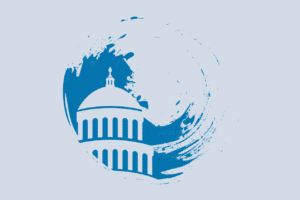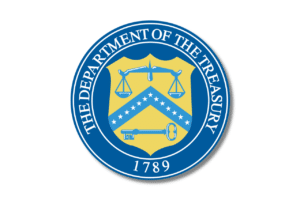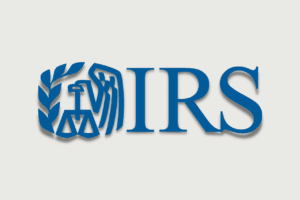Treasury Department

Upcoming House Financial Services Committee Events
The House Committee on Financial Services will hold a virtual roundtable at 3:00 pm ET on September 3 on Dismantling Barriers to Housing for America’s Seniors and People with Disabilities.

New Executive Orders on Evictions, Foreclosures, Payroll Tax and Unemployment Compensation
Over the weekend, President Trump issued three COVID-19 related executive orders (EO) on “Deferring Payroll Tax Obligations,” “Providing Assistance to Renters and Homeowners” and “Other Needs Assistance Program.” The presidential action comes as Congressional and White House negotiations over the next COVID-19 aid package have stalled.

Five NH&RA Members Receive New Markets Tax Credit Awards
Congratulations to the NH&RA members that received a New Markets Tax Credit award National Trust Community Investment Corporation, PNC Community Partners, Inc., RBC Community Development, LLC, The Rose Urban Green Fund and USBCDE, LLC.

CDFI Fund Opens FY 2020 Capital Magnet Fund Funding Round
The U.S. Department of the Treasury’s Community Development Financial Institutions Fund (CDFI Fund) opened the fiscal year (FY) 2020 funding round for the Capital Magnet Fund. The application process consists of two parts: submitting the SF-424 Mandatory form through Grants.gov and submitting the rest of the application through the CDFI Fund’s Awards Management Information System (AMIS).

Guidance on Deferring Tax Payments Due to COVID-19 Outbreak
Following President Trump’s emergency declaration pursuant to the Stafford Act, the U.S. Treasury Department and Internal Revenue Service issued guidance allowing all individual and other non-corporate tax filers to defer up to $1 million of federal income tax (including self-employment tax) payments due on April 15, 2020, until July 15, 2020, without penalties or interest.

Negotiators Advance Third Coronavirus Aid Package
Senate Majority Leader Mitch McConnell (R-KY), Senate Minority Leader Chuck Schumer (D-NY) and Treasury Secretary Steven Mnuchin have reportedly reached an agreement on nearly $2 trillion emergency relief package in response to the coronavirus pandemic, which contains:

Treasury, IRS Release Final OZ 8996, 8997 Forms
The Department of the Treasury and the Internal Revenue Service (IRS) released the final versions of Form 8996 – Qualified Opportunity Funds, 8996 instructions and Form 8997 – Initial and Annual Statement of Qualified Opportunity Fund Investments.

Treasury OIG Launches Opportunity Zone Investigation
The Inspector General of the U.S. Department of the Treasury launched an internal investigation on abuse in the Opportunity Zone program. Rich Delmar, the department’s acting inspector general, said in a statement he expects “to complete our work and respond to the congressional requesters in early spring.”

Treasury and IRS Issue Final Regulations on Opportunity Zones
The U.S. Department of the Treasury and Internal Revenue Service (IRS) issued final (and proposed) regulations on the Opportunity Zones (OZ) tax incentive. The regulations modify and finalize the two previous proposed regulations that were issued in October 2018 and April 2019. The Treasury notes that “the final rules provide clarity for Opportunity Funds and their eligible subsidiaries in determining qualification and levels of new investment in Opportunity Zones.”

NMTC Summary Report and Public Data for FYs 2003-2017
The U.S. Department of the Treasury’s Community Development Financial Institutions Fund (CDFI Fund) released a Summary Report and data collected on New Markets Tax Credit (NMTC) investments across the nation through fiscal year (FY) 2017. Nearly 70 percent of NMTC investments made through 2017 have been concentrated in single/mixed-use real estate, health care and social assistance, manufacturing, and educational services.

Treasury, IRS Release New OZ Reporting Form
The Department of the Treasury and the Internal Revenue Service (IRS) released a proposed Form 8996 for Qualified Opportunity Funds (QOFs) for the 2019 tax year. The form is designed to collect information on the amount of investment by opportunity funds in business property by census tract.

Congressional Democrats Call for Treasury Inspector General to Examine OZs
Sen. Cory Booker (D-NJ), an original sponsor of Opportunity Zone legislation, and Reps. Emanuel Cleaver (D-MO) and Ron Kind (D-WI) sent a letter to the Treasury’s acting inspector general to requesting an investigation into recent reports from The New York Times, The Washington Post and ProPublica that found that White House and Treasury officials might […]